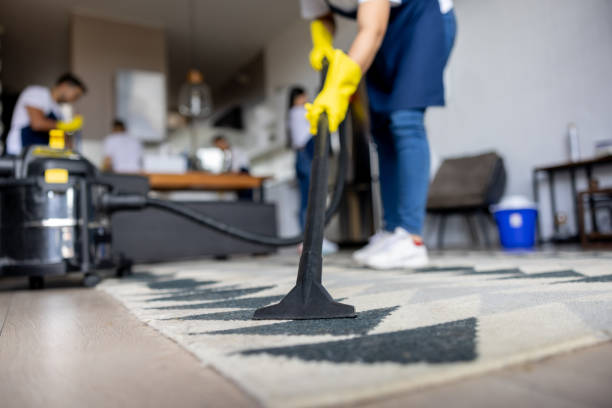When dental emergencies strike, whether it’s a sudden toothache, a chipped tooth, or a knocked-out tooth, the need for immediate care becomes paramount. An emergency dentist specializes in providing urgent treatment to alleviate pain and prevent further complications. Their expertise ensures that patients receive prompt attention, often outside of regular office hours, giving peace of mind in distressing situations. Understanding what constitutes a dental emergency and when to seek help can make all the difference in preserving dental health and comfort.
In this article, we’ll delve into the various scenarios that necessitate a visit to an emergency dentist, the treatments they provide, and how to find the right professional when time is of the essence. We’ll also address common concerns, such as what to do while waiting for your appointment and tips for preventing emergencies in the future. Whether you’re experiencing a dental crisis or just want to be better prepared, this guide will equip you with essential knowledge for navigating urgent dental situations effectively.
Common Dental Emergencies
Common scenarios that necessitate a trip to an emergency dentist include severe toothaches, which may signal an underlying infection, or trauma-induced injuries like a chipped or knocked-out tooth. In such cases, immediate care is crucial not only to alleviate pain but also to preserve the affected tooth. For example, if a tooth is knocked out, rinsing it gently and keeping it moist can enhance the chances of successful re-implantation if treated promptly. Knowing where to go, such as at the Emergency Dental Clinic Wicker Park, ensures that you’re prepared to receive the necessary treatment without delay.

Preparing for an Emergency Visit
While waiting to see the emergency dentist, it’s essential to manage discomfort effectively. Over-the-counter pain relievers can help reduce pain, while avoiding food or substances that may exacerbate the issue is wise. Maintaining a calm demeanor is also beneficial; stress can amplify the perception of pain. Furthermore, having a plan in place, including contact information for your emergency dental provider and knowledge of their hours, can provide reassurance during a dental crisis. This preparation can help mitigate the urgency of the situation and may improve outcomes.
In conclusion, knowing how to handle a dental emergency and understanding when to seek immediate care is vital for preserving your oral health. An emergency dentist is your best resource when faced with situations that require urgent attention, offering treatments designed to alleviate pain and restore function. By preparing for potential dental crises—such as having a trusted emergency dentist’s contact information at hand and understanding basic first-aid measures—you can navigate these stressful moments with greater confidence. Remember, timely intervention not only alleviates discomfort but can also save your teeth and safeguard your overall dental health. With the right knowledge and preparation, you can turn a potentially overwhelming situation into a manageable one.


